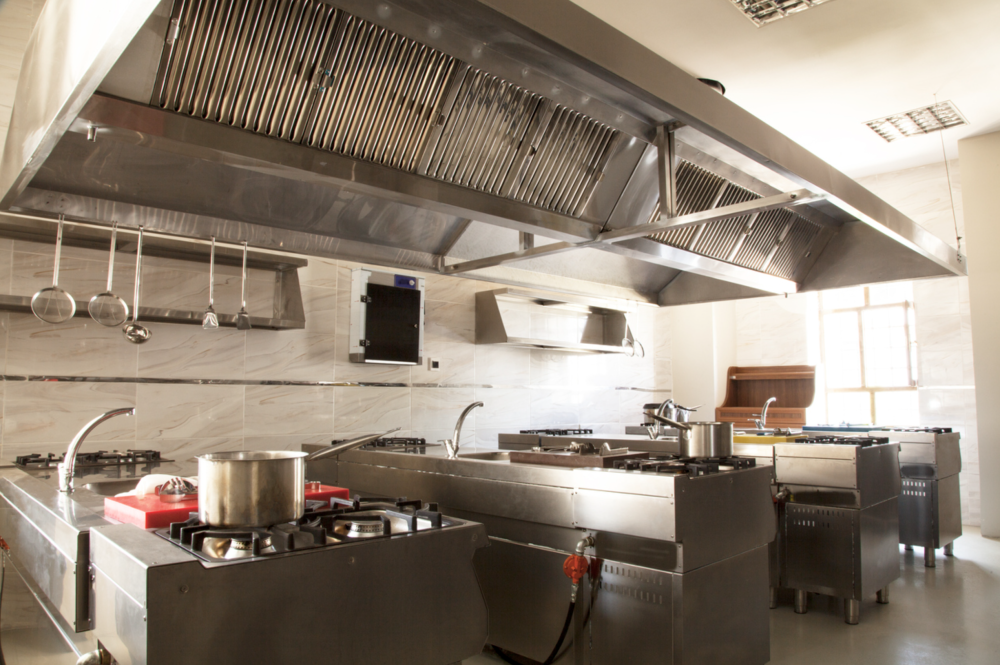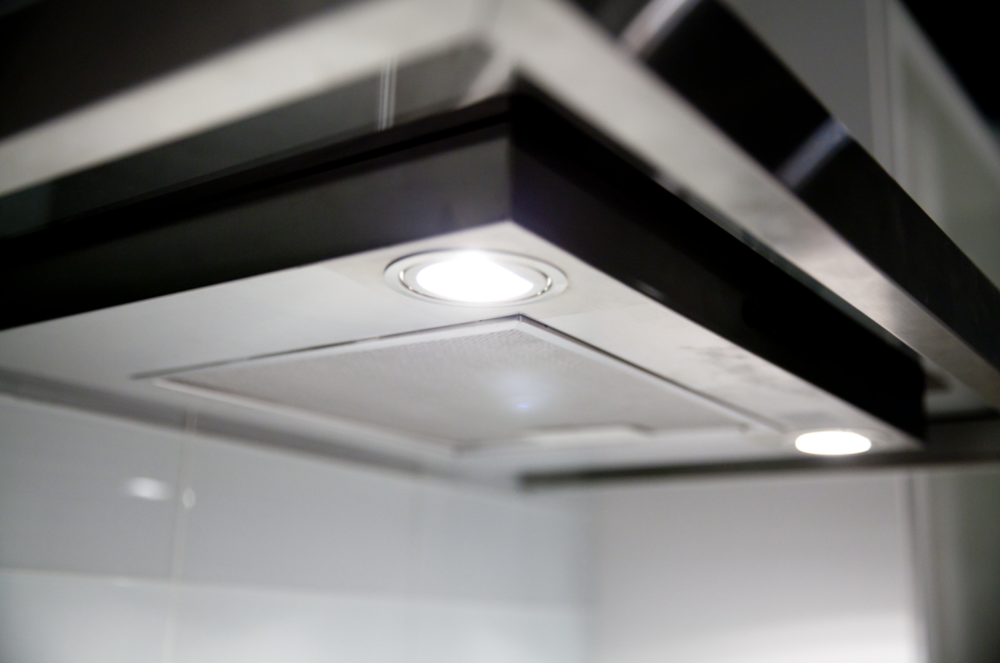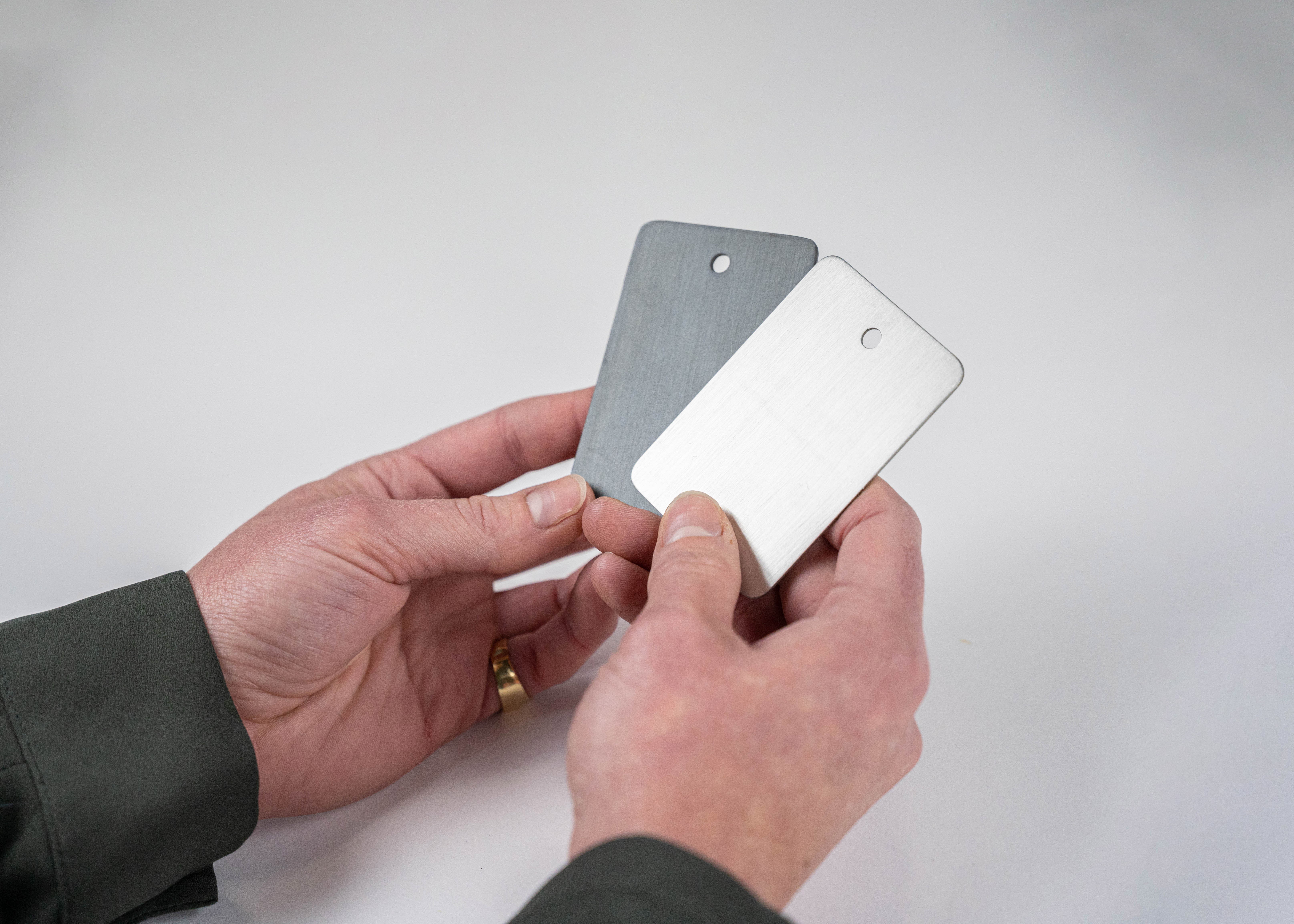A clean commercial kitchen hood isn’t just about appearances. It’s essential for fire safety, efficient airflow, and code compliance. Grease-laden vapors collect quickly, leading to a serious fire hazard if left unchecked. Discover how often you need to clean and inspect your kitchen hood, what industry codes require, and how to ensure your investment lasts.
Whether you're designing a new kitchen or renovating an existing space, knowing how often your commercial kitchen hood should be cleaned can save you time, money, and stress down the line.
How Often Commercial Kitchen Hoods Should Be Cleaned

Commercial kitchen hoods may need to be cleaned every week or every few weeks, depending on use. If you notice visible grease buildup, poor ventilation, or odors lingering in the kitchen, it’s time to clean. Residential vs. commercial-grade kitchen hoods will require different cleaning schedules because commercial kitchens generate significantly more grease, smoke, and airborne contaminants due to higher cooking volumes and heavier equipment use.
How Often Do Kitchen Hoods Need To Be Inspected?
Due to the high fire risk of grease buildup, commercial kitchen hood systems are regulated by the National Fire Protection Association (NFPA). The NFPA sets inspection frequency standards that help you know how often to check your system based on cooking volume and type. Staying on top of inspections helps ensure your system is functioning properly and meets local fire code requirements. In some cases, inspections are required as frequently as once a month.
What Is the NFPA Code for Kitchen Hood Inspection?
NFPA 96 is the standard for ventilation control and fire protection of commercial cooking operations. According to Table 11.4 of NFPA 96, inspection frequency is based on cooking activity:
-
Monthly for solid-fuel cooking operations (like wood or charcoal)
-
Quarterly for high-volume operations (such as 24-hour diners or charbroiling)
-
Semiannually for moderate-volume kitchens (such as standard sit-down restaurants or hotel kitchens)
-
Annually for low-volume operations (like seasonal businesses or church kitchens)
These guidelines help ensure your system is regularly evaluated for fire safety.
What Is the NFPA Code for Kitchen Hood Cleaning?

NFPA 96 also outlines cleaning requirements. Section 11.6.1 states that if inspections reveal grease deposits, the entire exhaust system, including the hood, filters, ducts, and fan, must be cleaned by a qualified professional. Section 11.6.2 clarifies that cleaning must be done before surfaces become heavily contaminated. In other words, don’t wait until it’s a problem. Regular maintenance helps avoid costly repairs and safety issues.
Time to Clean or Upgrade Your Commercial Kitchen Hood?
If you’re cleaning your commercial kitchen hood often, it should last for many years. Regular cleaning also helps preserve the finish of a kitchen hood, whether it be stainless steel, copper, or another material. If you’re starting new construction or replacing an outdated system, choosing a high-end, durable hood gives you a fresh start for a new cleaning schedule.
At World CopperSmith, we offer high-end commercial range hoods that combine performance with stunning design. With a wide range of customizable styles, finishes, and sizes, you won’t have to compromise on aesthetics or function.
Have questions about our range hood models or need help with customization? Contact us today to start designing a hood that fits your kitchen perfectly.

